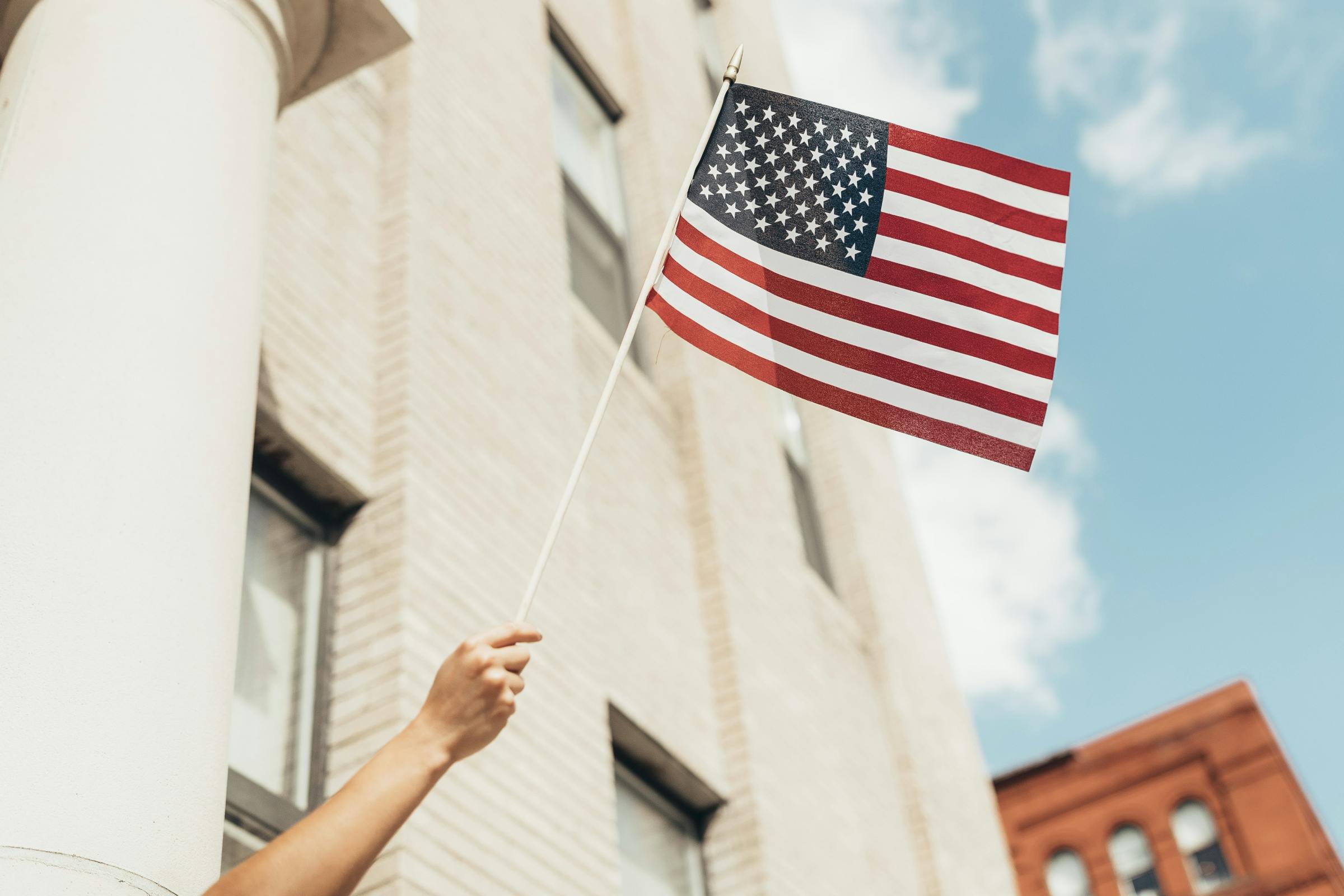The national interest waiver (NIW) is a way for non-citizens to be admitted to the United States on the basis of the value of their professional skills, and how such applicants might apply these skills in the United States. It is not easy to attain a National Interest Waiver, and the requirements and eligibility are strict. Sometimes, the USCIS does not provide a substantive reason as to why NIW cases are denied but simply state that the proposed endeavor of the applicant was not sufficient enough for a national interest waiver. This is why it is important to look further into the supporting evidence needed for this type of application.
Background Information
Generally, a professional who is eligible for a national interest waiver has 10 years or more of experience in one of the following fields, but also not limited to:
- A researcher or professor who is a subject matter expert in a field, and whose contributions, such as a published book is well known in that field of study
- A scientist working in a lab, usually in the life sciences, who is working on breakthroughs in their field of science
- An artist who is showing their work in prestigious galleries that have historical importance in a U.S. context or whose work brings a new perspective to the art world
While professionals like the above listed have at least the resume to pursue an NIW, this does not necessarily mean that such individuals will be able to ascertain one from the USCIS. This is because the applicants still need to pass a rigorous three-pronged test showing how their work will have an impact on the U.S. economy.
Where immigration lawyers come in
This is usually the hard part. It is one thing to be a teacher, for example, with an impressive resume. It is another to show that your teaching methods demonstrate a waiver to come to the United States because it is in the “national interest” to admit you. This is essentially what immigration lawyers try to assist with clients, usually over the phone, whom they might be representing.
It is their job to ask applicants to specifically state how their profession has scope—how it contributes to the national interest of the United States and has a broader impact on the actual field’s development. This development aspect becomes the key point in obtaining an NIW.
For example, in one case a foreign language teacher might be looking to apply for an NIW. The teacher in question is very talented, holds a Masters's degree in teaching, and has received offers from numerous colleges to teach in the United States. While this is great, the USCIS is looking for something broader, such as how does the professor's teaching abilities further advance the actual field of language studies? Or is the professor using a specific method of teaching that is innovative? Or how many times have the professor's publications been cited in a journal?
Thus we can see there is a difference between credentials and the impact of having those credentials.
Three-Pronged Test
The test that the USCIS uses in order to determine this impact, along with a professional's prior experience, is validated via the three-prong test. Due to a case in 2016 that helped to change the standard of evidence needed in order to receive an NIW, the three-pronged test includes the following elements:
1. That the foreign national’s proposed endeavor has both substantial merit and national importance.
2. That the foreign national is well-positioned to advance the proposed endeavor in their field or subject matter area.
3. That it would be beneficial to the United States to waive the requirements of a job offer and thus of a labor certification in support of the applicant.
Unpacking the Test
Dan Berger, an immigration attorney based in Northampton, MA, who has worked with several NIW cases before, says that there are definitely some gray areas when an officer is adjudicating these cases. He says it is important for applicants to be able to attach the following supporting documents to their case in order to increase their chances of receiving a waiver:
- Have their recommenders write how they are advancing a field or the proposed endeavor
- Have a way to show where their works are being cited
- Have awards or certificates
He also notes that the legal standard that is needed in all NIW cases is a preponderance of evidence, which is a different standard than “beyond a reasonable doubt”. He says that applicants should seek the counsel of an attorney if they feel as though the standard of evidence used warranted an adverse decision.














